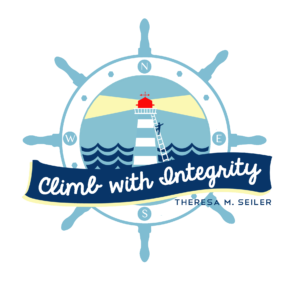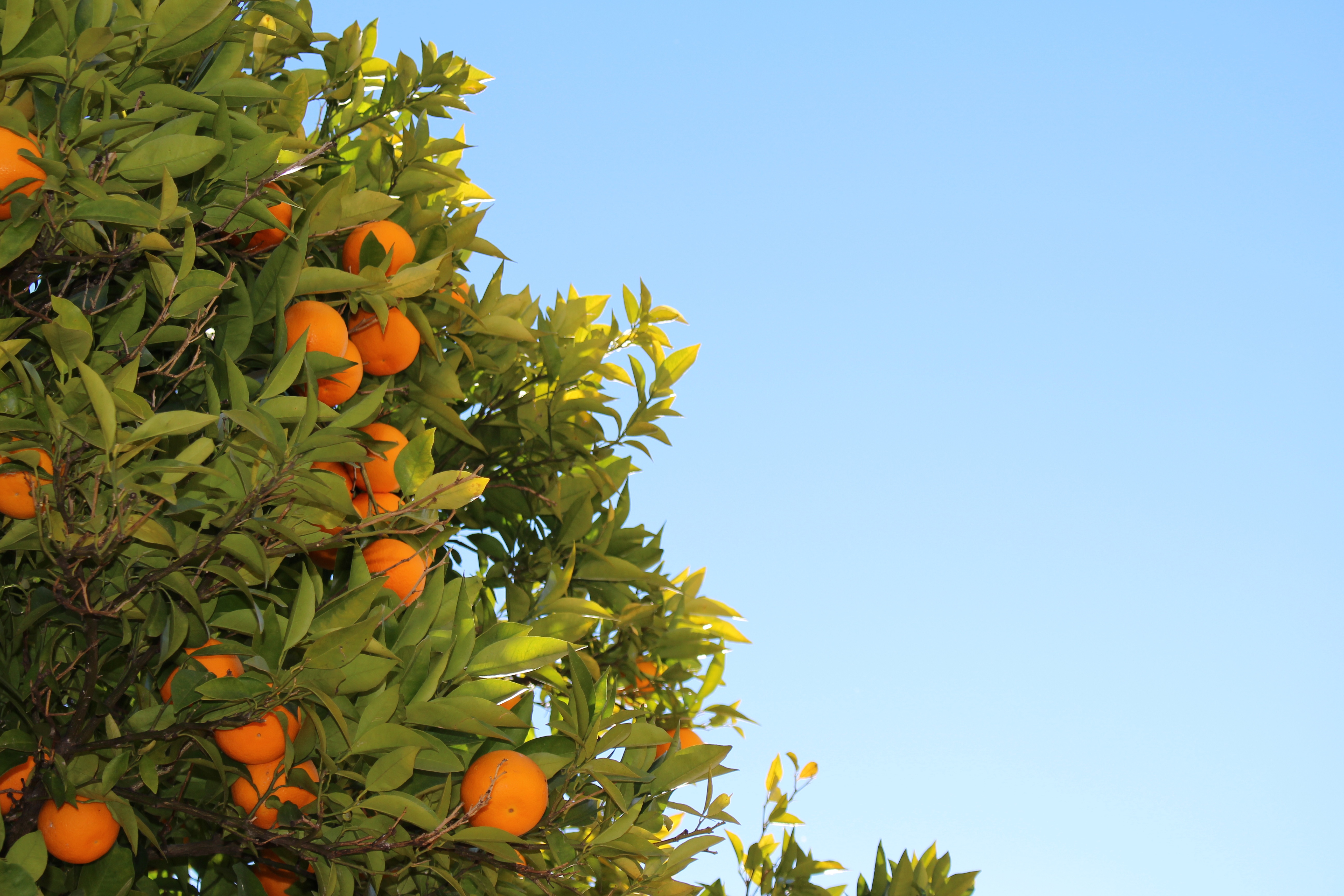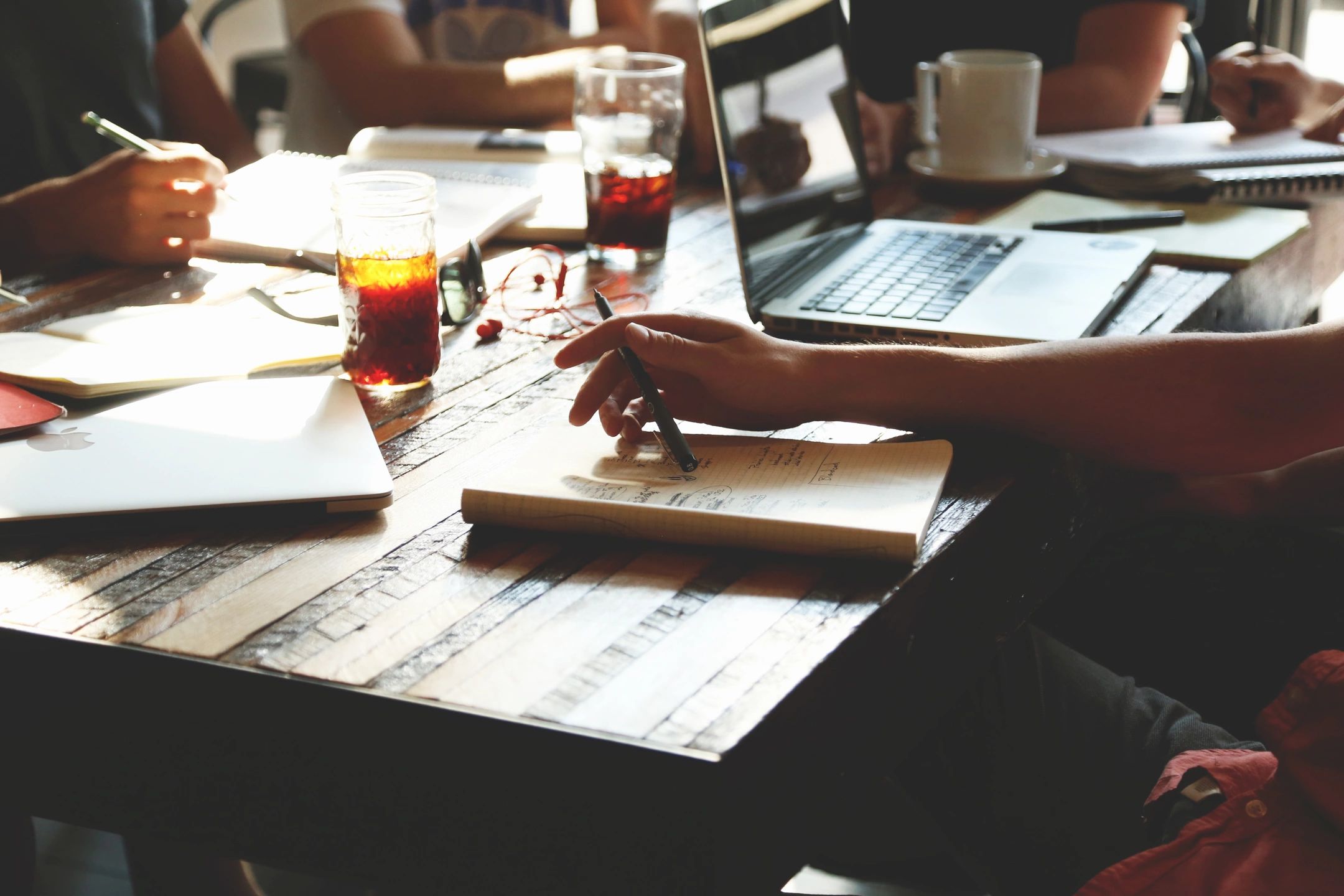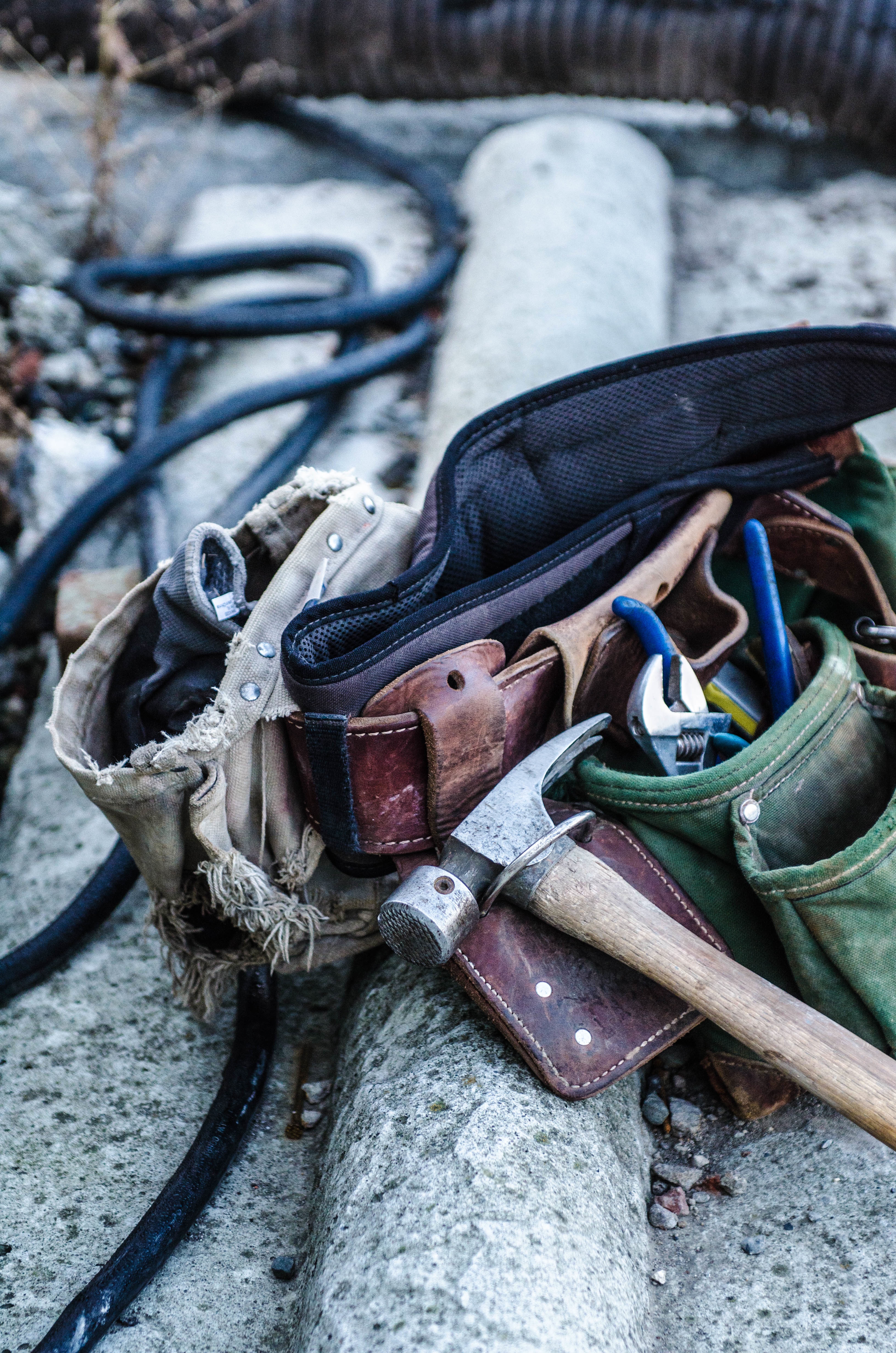Trust is a funny thing. It’s not an exact science. Sometimes we intuitively trust people or situations and sometimes we just don’t. Sometimes our initial judgement is spot on and unfortunately there are situations where we completely miss the mark. We experiment with different strategies like “taking our time” or using our “gut-instinct” to figure out if someone or a situation is trustworthy; but, determining whether or not we are going to get let down is pretty much a crap shoot. Even individuals who have never disappointed us might just have an off day or perhaps might not see things in the light we want to portray them. As individuals we spend a lot of time and energy trying to figure out trusting others when perhaps we should be turning some of that energy around and focus on trusting ourselves!
If you sit back and listen, you’ll probably notice that most everybody is an expert! And with every outspoken expert comes an expert opinion – about everything! Think about it, there are tons of extremely intelligent individuals with loads of super smart opinions and that’s just swell! The problem is, those opinions are theirs not yours!
We can make roads to remedy this though! We can trust ourselves and Call Our Own Shots!
There are two parts to learning to decipher when we are qualified to make a “Good” call.
1. Legitimately knowing when you are right
Well, first-thing-first, don’t just make up an opinion – do your research and don’t just use your feelings. This is important because your opinion matters just like everyone else’s.
Be responsible with your thoughts and ideas and know that you have the power to influence those who are vulnerable and those who don’t take responsibility for their own thoughts.
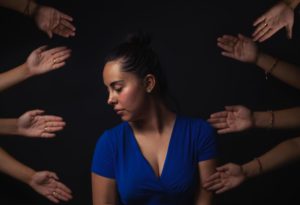 You have more power than you probably know and spewing out misguided information is reckless and can be much more damaging than you might initially believe. If you intend to insight fevor- that’s great- but, think about what you are doing and understand and ask yourself why you feel the need to get everyone all fired up. Know that you might just possibly be successful and get your target audience motivated. Just do it in a responsible fashion and know that you can cause a chain reaction. Good or Bad.
You have more power than you probably know and spewing out misguided information is reckless and can be much more damaging than you might initially believe. If you intend to insight fevor- that’s great- but, think about what you are doing and understand and ask yourself why you feel the need to get everyone all fired up. Know that you might just possibly be successful and get your target audience motivated. Just do it in a responsible fashion and know that you can cause a chain reaction. Good or Bad.
The second part to learning to decipher when you are qualified to make a “Good” call is:
2. When to recognize that someone else just has a better grasp on the situation or topic
Some individual truly are experts. Take Albert Szent-Gyorgyi for instance. He was a Hungarian-American physiologist who won the Nobel Prize in Physiology or Medicine in 1937 and is credited with discovering vitamin C. His studies about the components of vitamin C and the citric-acid cycle detail his discoveries in the connections with the biological combustion process and catalysis of fumaric acid. His science and studies definitely are as complicated as they sound. But, for the most of the world, we’ve just heard the news that vitamin C is good for us. Some individuals have really delved into his research to understand why and determine if they agree or disagree with the vitamin C craze theory and others just drink orange juice for breakfast and don’t ask any questions. The idea is to ponder which avenue is best for you. Should you believe what you read? Is either party right or wrong? Should you believe in Albert Szent-Gyorgyi and his studies just because he happened to get awarded the Nobel Prize? How do you determine whether you are the “expert” or whether you should trust someone else?
This is where trusting your own instincts and training yourself to have a critical eye is so significant. Trusting yourself is empowering and healthy in the right doses! After all, we are battered by an infusion of information continuously. Almost any topic you type into an internet search is populated by countless materials of all varieties, being able to distinguish truth from fiction is a valuable and highly sought after skill. It is so amazing that we can find information from the internet so quickly. The important part is deciphering what information we should trust and what we need to toss aside.
“Research is to see what everybody else has seen, and to think what nobody else has thought.” Albert Szent-Gyorgyi
The internet isn’t the only source of information that can be deceiving. Well-intentioned friends, family, business associates, and lovers unfortunately can do just as much damage with their opinions because we love, respect, and believe them. This works both ways. If someone we love “favors” something we will probably be more inclined to like it ourselves. Feelings and admiration have this way of blinding our criticisms. This can be shown when a celebrity endorses a product. Depending on how we “feel” about that celebrity all of a sudden- those feelings are transferred onto that product, place, or a person, with or without ever buying anything, meeting anyone, or going anywhere.
 The human mind is an amazingly complicated thing and it’s important to recognize how we make associations from our feelings to things and people. Take notice how your mind sorts through materials and figure out how you determine what is credible and what is junk. Doing the leg work can be exciting and interesting but it can also be exhausting, confusing, scary, and even dangerous. Recognizing how to sort through sources of information is a learned skill and even the most experienced researchers can be thrown off the trail. One way to help weed through the information we come across is to go back to school for a moment. Let’s discuss the difference between Primary and Secondary sources of information.
The human mind is an amazingly complicated thing and it’s important to recognize how we make associations from our feelings to things and people. Take notice how your mind sorts through materials and figure out how you determine what is credible and what is junk. Doing the leg work can be exciting and interesting but it can also be exhausting, confusing, scary, and even dangerous. Recognizing how to sort through sources of information is a learned skill and even the most experienced researchers can be thrown off the trail. One way to help weed through the information we come across is to go back to school for a moment. Let’s discuss the difference between Primary and Secondary sources of information.
Knowing this quick skill can help you if you are ever struggling trying to figure out if information is accurate or not.
So, Primary Sources are direct sources. This means that the information came right from the horse’s mouth. A primary source provides direct evidence or a firsthand account about a particular person, place, or thing. Primary sources include historical and legal documentation, eyewitness accounts, original results of experiments, statistical data, pieces of creative writing, audio and video recordings, and speeches. Now that doesn’t mean that these sources are always correct or that you agree with them. It simply means that the information has not been tampered with by a secondary party.
Now, Secondary Sources are everything else. They are articles that were written about primary sources. They are news broadcasts about people, and stories, and research that others have done. Secondary sources are where we get most of our information and intentionally or not bias gets applied to any story. We get swayed by opinions. We are human and opinions are very important pieces of information.
So just know the difference. Create your own opinion based on real evidence.
 The most important focus here at Climb With Integrity is to help you find YOUR VOICE. As you are navigating your day and you hear a news broadcast or read an article- ask yourself what direction am I being led and do I want to go there? We are so polarized by media that it can be challenging to formulate our own original thoughts and opinions. The unfortunate part of that statement is that the most caring and positive thoughts are usually the ones covered up by everyone else’s big mouth.
The most important focus here at Climb With Integrity is to help you find YOUR VOICE. As you are navigating your day and you hear a news broadcast or read an article- ask yourself what direction am I being led and do I want to go there? We are so polarized by media that it can be challenging to formulate our own original thoughts and opinions. The unfortunate part of that statement is that the most caring and positive thoughts are usually the ones covered up by everyone else’s big mouth.
“Better to remain silent and be thought a fool than to speak out and remove all doubt.” Abraham Lincoln
There is a place to delegate and there is a place to own your research. The goal here at Climb With Integrity to find the right combination and balance of give and take, do and receive, watch and act. One of the fastest ways to improve trust in yourself is to be prepared.
Imagine the outcomes of empowering those we care about to actually practice doing their own research to find facts, formulate legitimate hypothesis, investigate content with a critical lens, to test theory and then legitimize support. Imagine what could happen if we inspired others to get facts strait and support their ideas with relevant and truthful sources. Perhaps incidents like at Comet Ping Pong, the pizza place where 28 year old Edgar Maddison Welch of Salisbury, North Carolina, was arrested and charged with assault with a dangerous weapon after allegedly opening fire on the Washington pizza shop because of a completely false online conspiracy theory involving Clinton and the owner James Alefantis. Just a little bit more research very well might have kept this entire incident from happening.
You have the power. Climb With Integrity is hoping you use it!
Love, Success, Positive Energy
~Theresa
